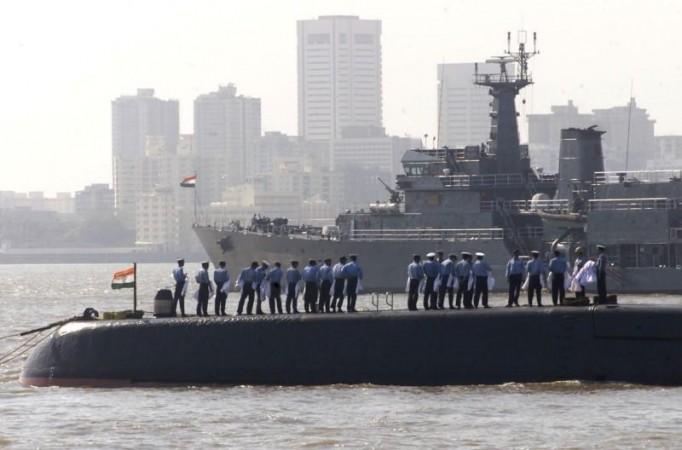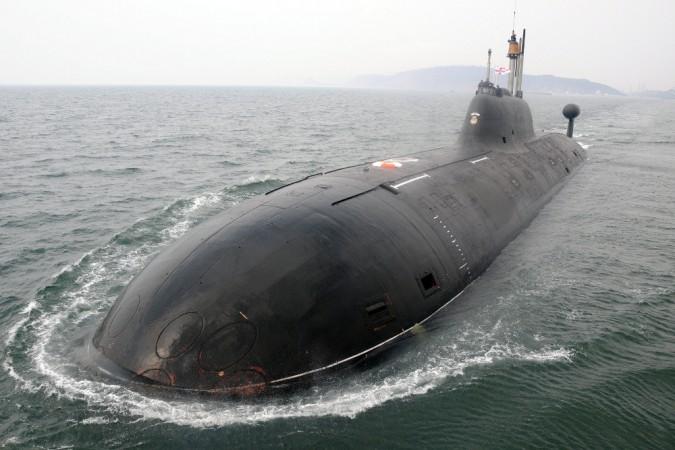
Fight for securing Rs 45,000 crore submarine project for the Indian Navy becomes interesting with the last-minute entry of a South Korean shipbuilder. Moreover, leading defence manufacturer, Swedish Saab has dropped its name citing policy strictures that can potentially place unlimited liabilities on foreign vendors. After an official visit by defence minister Rajnath Singh to Seoul, South Korean company Daewoo Shipbuilding and Marine Engineering have been extended a late invitation to place technical bids for the contract, the Economic Times has reported.
The South Korean company will join the likes of the Naval Group (France), TKMS (Germany), Rosoboronexport (Russia) and Navantia (Spain) as the potential foreign partners for this multi-crore project. The manufacturing of submarines, which is the single largest 'Make in India' project, will take place under the aegis of the Modi government's flagship programme to encourage defence manufacturing locally.
Notably, the Swedish manufacturer, which has been a key participant in pre-bid meetings with stakeholders over the past two years, has dropped out of the project. The company has given a written communication to the Ministry of Defence (MoD) in this regard. Saab highlighted the conditions in the Strategic Partnership (SP) policy which put all the liabilities on foreign players as the reason to opt-out of the further process.

Ola Rignell, chairman & managing director at SAAB India, said, "It is a decision we have made due to the customers' requirements regarding the time schedule and the requirements related to the SP policy with its unbalance between our possibilities to have control and our obligations and liabilities. We believe that we have a very competitive product that would suit the customer well, but after having examined the EOI, we have decided not to enter the competition due to the above reasons."
Notably, Saab is not the only foreign which has raised this issue, other manufacturers have also highlighted their concern. The foreign players that are mandated to partner with a local partner in India for manufacturing six submarines in the country argue that conditions in the policy can potentially place unlimited liabilities in their books. The strategic partnership policy gives the Indian vendor at least 51% stake in the project which means the special purpose vehicle (SPV) formed with foreign technology partner will not have any control.

















